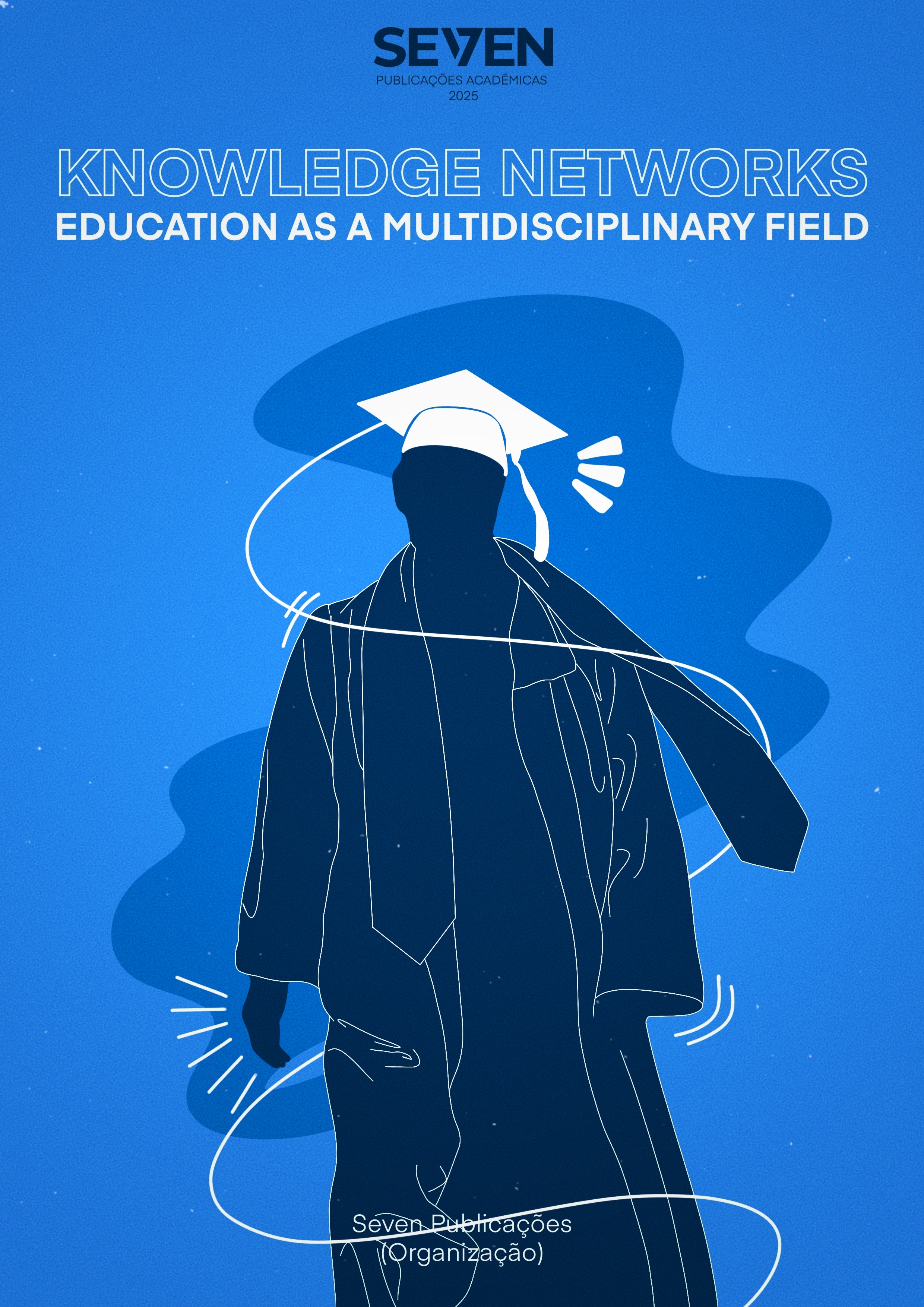ADHD IN BASIC EDUCATION: AN ANALYSIS OF TRADITIONAL AND DIGITAL GAMES FROM THE NEUROSCIENTIFIC PERSPECTIVE OF LEARNING
Keywords:
ADHD, School Inclusion, Neuroscience of Learning, Traditional and Digital Games, Teacher TrainingAbstract
This empirical study, based on descriptive qualitative methodology, aims to analyze the use of traditional and digital games in the teaching-learning process of children with Attention Deficit Hyperactivity Disorder (ADHD), from a neuroscience perspective. The research seeks to understand how these playful tools can serve as complementary resources to psychopedagogical assessment and assist in addressing the educational challenges posed by ADHD in Basic Education. An intervention proposal was developed with teachers, focusing on teaching practices aimed at students showing signs of hyperactivity and inattention. The results reveal that the lack of specific training for teachers to work with this population contributes to increased professional stress and student academic failure, highlighting the urgent need for neuroscientifically grounded pedagogical strategies capable of promoting inclusion and academic success.
Downloads
Published
Issue
Section
License
Copyright (c) 2025 Francisca Morais da Silveira, Iris Maria Ribeiro Rocha

This work is licensed under a Creative Commons Attribution-NonCommercial 4.0 International License.





